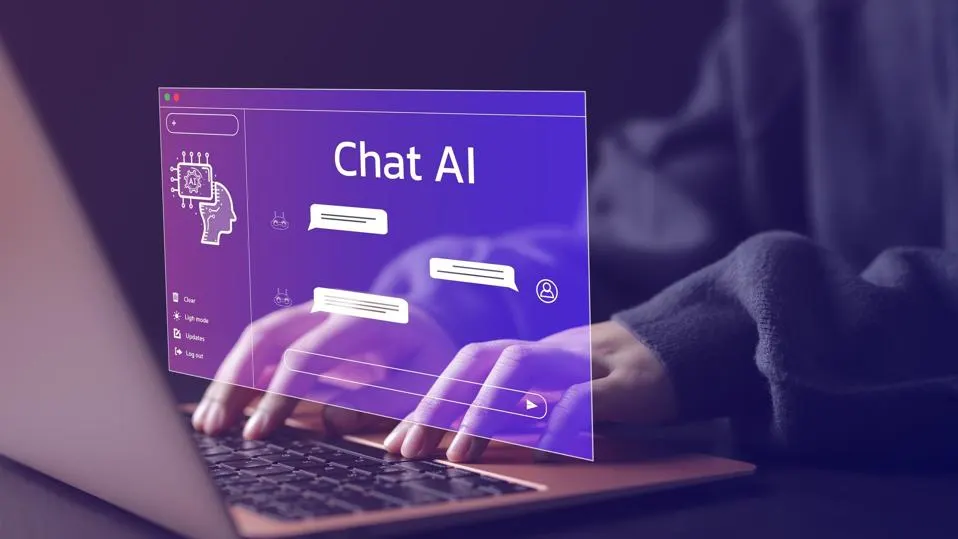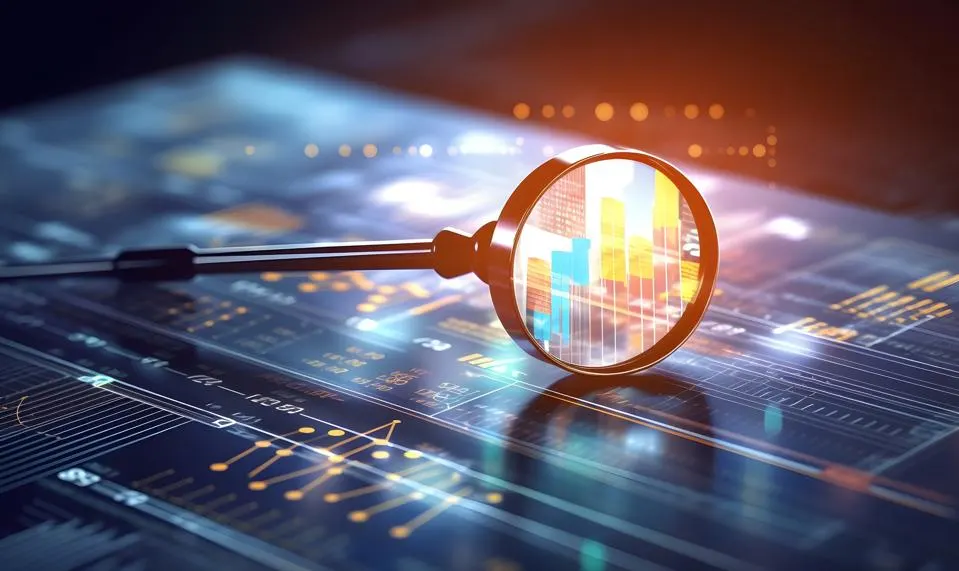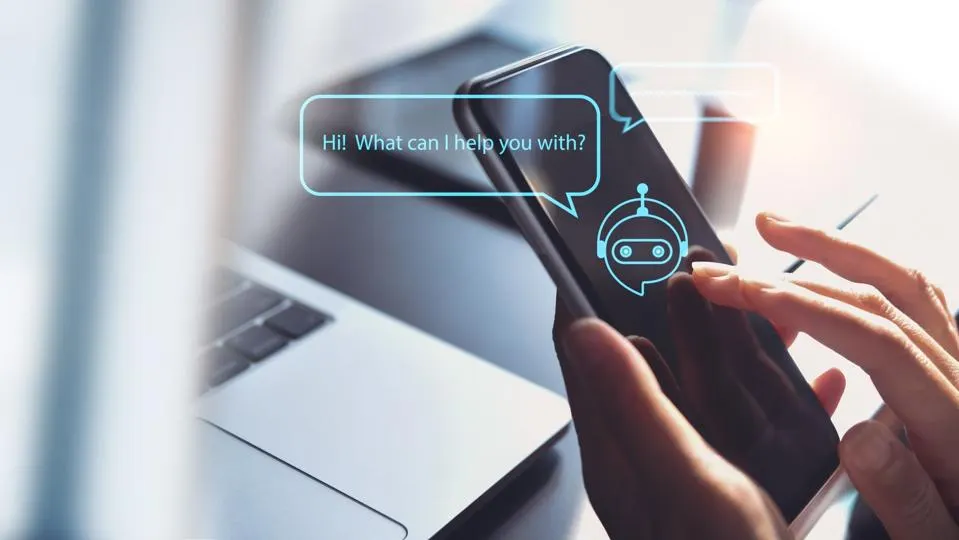How Can Blockchain Technology Be Applied In Real Life?
2 July 2021
There’s no doubt that blockchain technology is an exciting development, with the potential to revolutionise many industries. But, with so much hype around blockchain, it can be tricky to unearth its practical, everyday uses – or, in other words, blockchain sounds great, but what does it mean for us in real life?

In this article, I strip away the hype, and look at some of the practical uses of blockchain, using real-life examples.
What is blockchain technology?
But before we get on to how blockchain can be applied, let’s start with the one-minute rundown on blockchain – what is it and how does it work?
A blockchain is an open, distributed database – essentially, a computer file for storing information (data). The name comes from its structure: the file is made up of blocks of data, and each block is linked to the previous block, forming a chain. Each block contains data (such as transaction records), plus a record of when that block was edited or created.
Crucially, unlike, say, a centralised database that’s owned by a company or government agency, a blockchain isn’t controlled by any one person or entity. The data is duplicated (distributed) in its entirety across many computers, meaning any user can view the entire chain from anywhere, and anyone with the right cryptography keys can edit the chain. The fact that it’s a decentralised way of storing and accessing data makes blockchains incredibly secure – because, unlike a centralised database, there’s no one single point of entry for attackers. This makes it particularly useful for recording transactions in a secure manner.
How are organisations already using blockchains?
The first use of blockchain was as part of the cryptocurrency Bitcoin, which is based on blockchain technology. However, the practical applications of blockchain extend far beyond cryptocurrencies, and the technology is likely, in time, to impact many industries.
Let’s look at some real-world examples of blockchain technology in action:
Cutting out the middle man
Companies like Uber, Airbnb and Expedia act as aggregators, i.e. a centralised platform that connects providers of a service with customers who need that service. The centralised aggregator is the one in control here; they set their own terms and conditions, and, naturally, take a cut of each transaction as their fee. Blockchains are now being used to cut out the middleman and create a secure, decentralised way for service providers and customers to connect and transact safely and directly.
The world’s largest tourism company, TUI Group, is pioneering the use of blockchains as a way to eventually replace travel aggregators like Expedia. The company already uses a private blockchain to house its contracts, but is keen to create a public blockchain where agents and customers can engage directly with hotels. But TUI isn’t alone in this endeavour; Winding Tree is another company working to create a decentralised travel booking system, so expect to hear a lot more about blockchains disrupting the travel industry over the next few years.
Improving healthcare
Blockchain provider SimplyVital Health has already created two blockchain products that are designed to improve healthcare management. The first, ConnectingCare, tracks the progress of patients after they leave hospital, and the second, Health Nexus, is designed to provide decentralised blockchain patient records. Elsewhere, startup company Gem is working with the Centre for Disease Control to build a blockchain for storing disease outbreak data, in the hopes of increasing the effectiveness of disaster relief.
Better banking and transactions
Barclays has already launched a number of blockchain initiatives for, among other things, tracking financial transactions and combating fraud, and Bank Hapoalim is collaborating with Microsoft to create a blockchain for managing bank guarantees. In another example, Aeternity’s blockchain platform allows users to create smart contracts that become active when certain conditions have been met, which means automated payments can be released when parties in a transaction agree that their conditions have been met.
Smarter supply chains
Knowing the status, condition and provenance of every product on your supply chain is key for businesses – and, for consumers, provenance is becoming an increasingly important issue. DeBeers is planning to use blockchain technology to trace diamonds all the way from the mine to the end customer, which will increase transparency and allow customers to verify that their diamonds are free from conflict.
Walmart is also using blockchains to track the safety of farm produce – which will be welcome news for consumers after batches of contaminated lettuce left dozens of people in the United States sick in 2018, causing the retailer to pull lettuce from stores as a precaution. From 2019, farmers will have to input detailed records of their produce into a blockchain and, in the event of any future contamination scare, Walmart will be able to pinpoint potentially contaminated batches much more easily.
Efficiencies in the world of insurance
Nationwide insurance company is trialling a blockchain solution called RiskBlock, which provides proof-of-insurance information. The goal is to help law enforcement and insurers (not to mention the insured) verify insurance coverage in real time, plus make the claims process faster and more efficient.
Blockchain-enabled smart contracts also have the potential to revolutionise insurance claims by ensuring only valid claims are paid out. For example, the blockchain would know instantly whether multiple claims have been filed for the same accident. And when conditions have been met for a satisfactory claim, payment could be triggered automatically, without any human intervention, drastically speeding up the resolution of claims.
Clearly, blockchain technology is still in its infancy, and has a long way to go before it can be considered even close to mainstream. Yet these examples show how industries are beginning to wake up to its advantages, and, as the technology matures, we can expect to see even more companies investing in blockchains.
Where to go from here
If you would like to know more about blockchain technology, check out my articles on:
Related Articles
5 Generative AI Chatbots Everyone Should Know About
Generative AI chatbots have rapidly become indispensable tools across various industries, transforming the way we interact with technology.[...]
AI Revolutionizes Voice Interaction: The Dawn Of A New Era In Technology
It’s becoming increasingly common to find ourselves controlling and communicating with machines using our voices.[...]
7 Ways Marketers Should Be Using Generative AI Now
Marketing is all about engaging customers with compelling content – delivering thoughtful, inspiring messages that help to create a deeper relationship with the brand.[...]
The AI Revolution In Wine Fraud Detection
In an era where authenticity is as valuable as the vintage itself, the wine industry faces a pressing challenge: wine fraud.[...]
10 Mind-Blowing Generative AI Stats Everyone Should Know About
A little over a year ago, no one was talking about generative AI. Now, it’s the dominant topic of top-level events like CES and the World Economic Forum.[...]
How Generative AI Is Revolutionizing Customer Service
Customer service is proving to be one of the most popular applications of generative AI. But how exactly can generative AI aid customer service teams (without alienating customers)?[...]
Sign up to Stay in Touch!
Bernard Marr is a world-renowned futurist, influencer and thought leader in the fields of business and technology, with a passion for using technology for the good of humanity.
He is a best-selling author of over 20 books, writes a regular column for Forbes and advises and coaches many of the world’s best-known organisations.
He has a combined following of 4 million people across his social media channels and newsletters and was ranked by LinkedIn as one of the top 5 business influencers in the world.
Bernard’s latest book is ‘Generative AI in Practice’.










Social Media